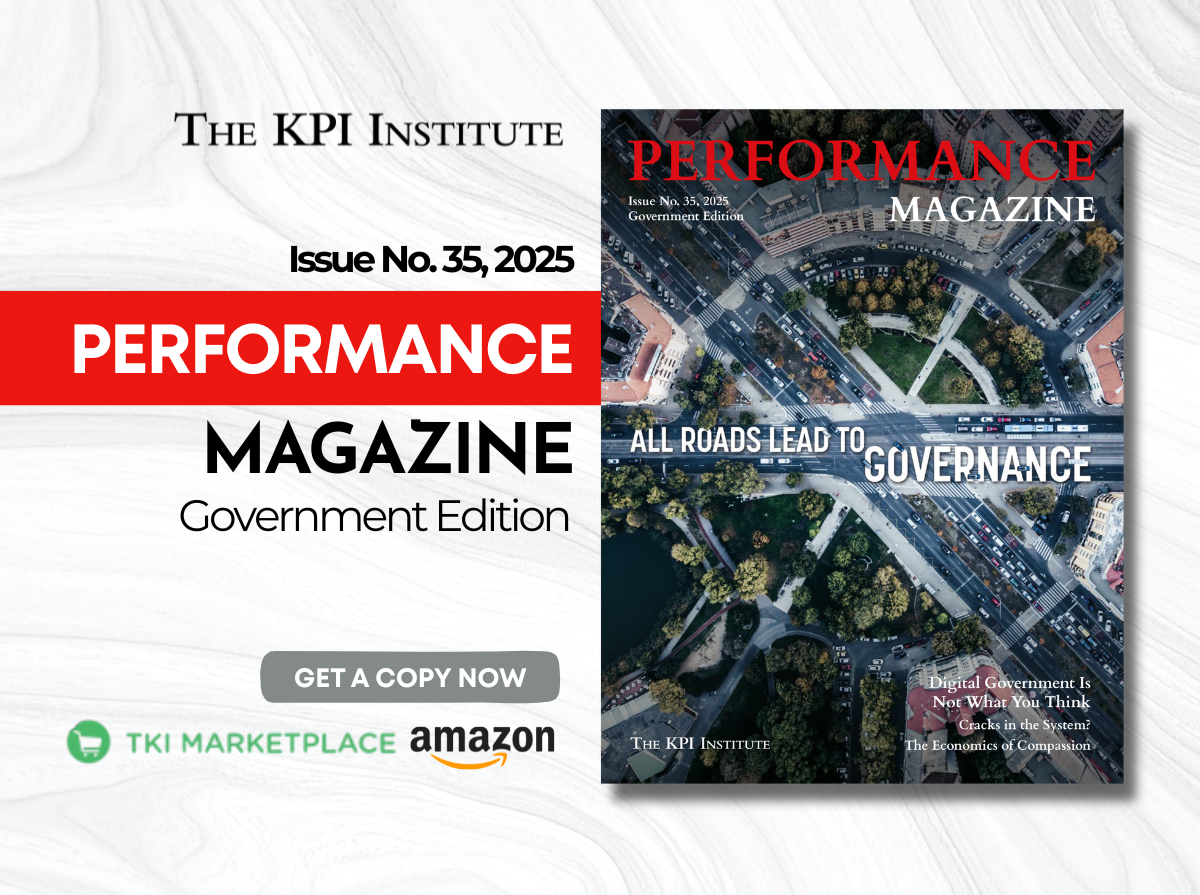What is a Balanced Scorecard? Meaning, Examples, and Insights from the Pros

What is a balanced scorecard? A balanced scorecard (BSC) is a tool in strategic planning and performance management developed by Prof. Robert Kaplan and Prof. David Norton in 1992. It provides organizations a comprehensive view of their business performance.
A BSC shows the four dimensions of an organization: financial, customer, internal processes, and learning, and growth. With this, managers can allocate resources properly and determine the areas that need improvement. The scorecard is also used to align key performance indicators (KPIs) with strategy at all levels of an organization: the strategic, the operational, and the team and individual.
When done right, a BSC can help companies save time and resources, improve their procedures, and keep them on track in terms of objectives.
The Certified Balanced Scorecard Management System Professional (C-BSC) course of The KPI Institute (TKI) will show how your organization can develop and implement a Balanced Scorecard Performance Management System Architecture.
Facilitated by experienced analysts and experts, the C-BCS training course offers toolkits, templates, case studies, and good practice examples to help participants understand and analyze the fundamentals of a BSC system. They will learn how to formulate the main elements of a BSC system and implement the framework in their organizations.
The 40-hour training course comes with pre-course requirements, live online sessions, an individual learning map, a certification exam, and after-course requirements.
In the fourth quarter, the C-BSC in Arabic will be held online on 24 – 28 October 2021, while the C-BSC in English is happening on 29 November – 3 December 2021.
For more information, get in touch with Teodora Gorski, Managing Director MENA: email: teo.gorski@kpiinstitute.com or phone: +61 3 9028 2223.







